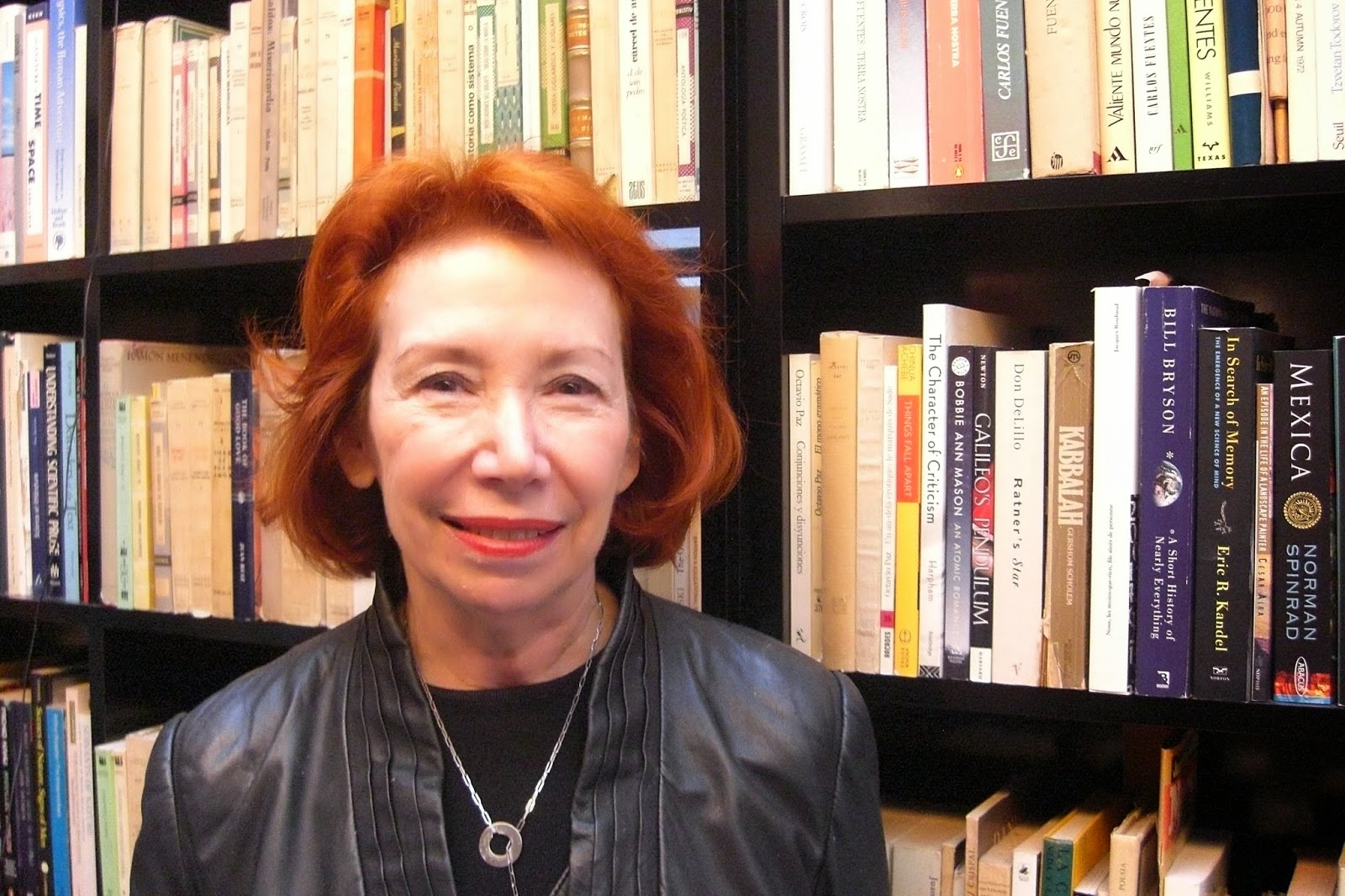For Margery Arent Safir, the arts can play an
important role in promoting respect for human rights and in bringing people
together, and this belief has led her to create an unusual cultural “space”.
 |
| Arent Safir (r) with Iranian artist Shirin Neshat |
Arent Safir is the founder and director of the Arts
Arena, a non-profit organization based in Paris, France, that invites artists from all over
the world to speak about their work and share their experiences, with audiences
participating for free.
“I really believe that the arts can change people’s
lives and people’s thinking,” Arent Safir told SWAN in an interview. “You can
be sitting at a concert next to an enemy of your country, but you’re both listening
to music, and you’re not fighting – you’re sharing the same music, both going
through some kind of transformation."
After years in the academic sphere as a professor of comparative literature, Arent Safir knows firsthand the ability of a novel, for instance, to “communicate things than can alter mindsets”. She founded the Arts Arena in 2007 to involve artists and the public in open discussions with a view to sharing her core beliefs.
“Maybe I’m among the last of the true believers in the
power of the arts to do something in this world that has become so radically
commercialized, so oriented towards money and getting ahead, ‘advancement’ with
a dog-eat-dog mentality,” she told SWAN. “The
arts create spaces where you step back from all that for a certain amount of
time, and you get in touch with other values.”
Initially housed at the American University of Paris,
where Arent Safir taught from 1987 to 2013, the Arts Arena became independent
in September with expanded partnerships that include Columbia Global Centers | Europe.
The Centers are an initiative by New York’s
Columbia University to expand its global “mission”, and the outlook fits with the Arena’s objectives, Arent Safir said. Other Arts Arena partners include the Yale
School of Art, Curtis Institute of Music, and Yale School of Music.
 |
| Brochures for the Iranian Arts Now festival |
The idea of bringing people together is behind many of
the Arena’s events. Arent Safir cites the 2012 Iranian Arts Now Festival that she
organized in Paris as an example of how a cultural happening got people to
discuss their differences.
“The artists from inside Iran did not like and did not
trust the Iranian artists living outside,” she recalled. “But over a week of
intense artistic activity and then a month-long art show, they had to come
together. They ended up talking this all out, and you could see the change. I think
this has value.”
In 2014, the Arena is continuing that tradition with a
stimulating line-up of events in France. On Feb. 21, the director emeritus of
the New York Film Festival, Richard Peña, will give a lecture on the early independent
African-American filmmakers in the United States, who created movies between
1915 and 1950 primarily for black audiences.
Their work included musicals, westerns, social dramas
and gangster films, few of which have widely been seen. Peña will screen the
1941 film “The Blood of Jesus” by Spencer Williams (the prints of this “lost
film” were rediscovered in the 1980s in a Texas warehouse), and he will also
conduct a question-and-answer session with the audience.
Later, in May, the Arts Arena will also participate in
the United Nations Association Film Festival, and its Travelling Film Festival,
both of which celebrate the power of films and videos dealing with human
rights, the environment, globalization, and war and peace, according to the organization.
 |
| Arent Safir in her Paris study |
“This is something that I really want to emphasize
about the work of the Arts Arena – our interest in artists who take strong
moral positions,” Arent Safir said. “I’m a believer in activist arts and
cultural diplomacy.”
Everyone invited to speak at the Arts Arena has done
so for free, she said. The organization gets funding from various patrons as
well as its membership program and is committed to offering its events without
charge, but costs have grown over the years. The challenge is to keep donors accepting
that their contributions help others while also providing something for themselves;
the Arts Arena does this by hosting some member-only events.
“I feel that nobody should be turned away from a
cultural event because of lack of resources,” Arent Safir told SWAN. “We have
to break down the barriers between the arts and the real world.” - A.M.